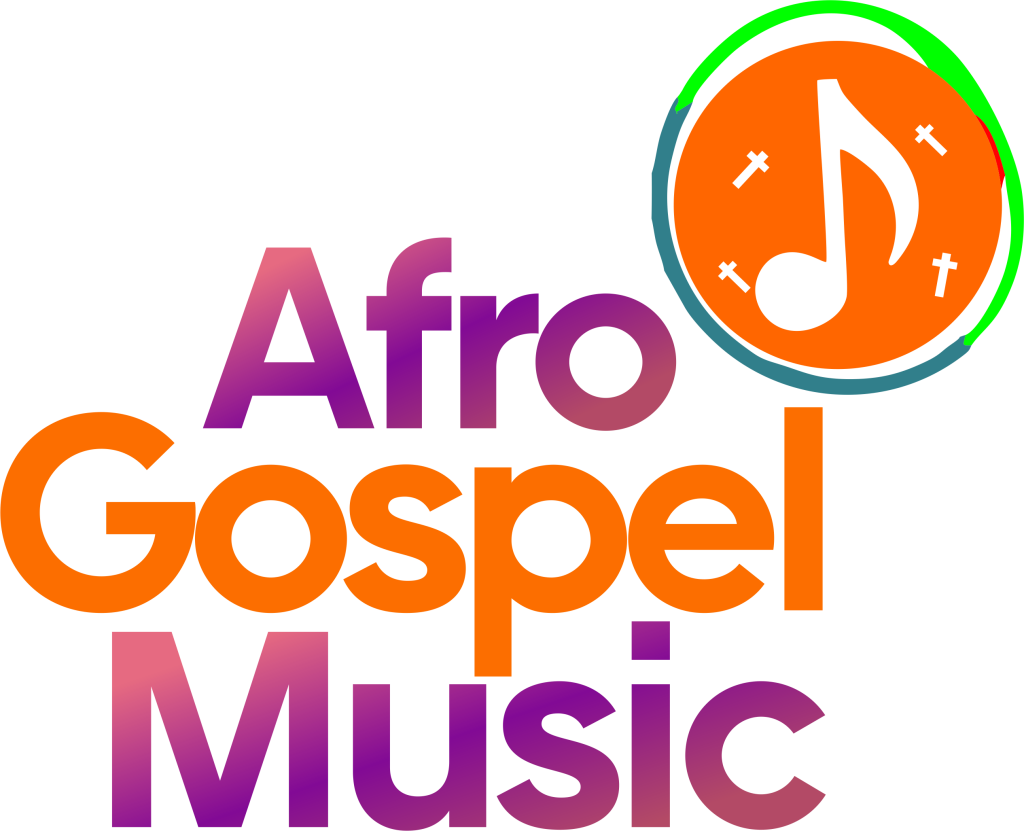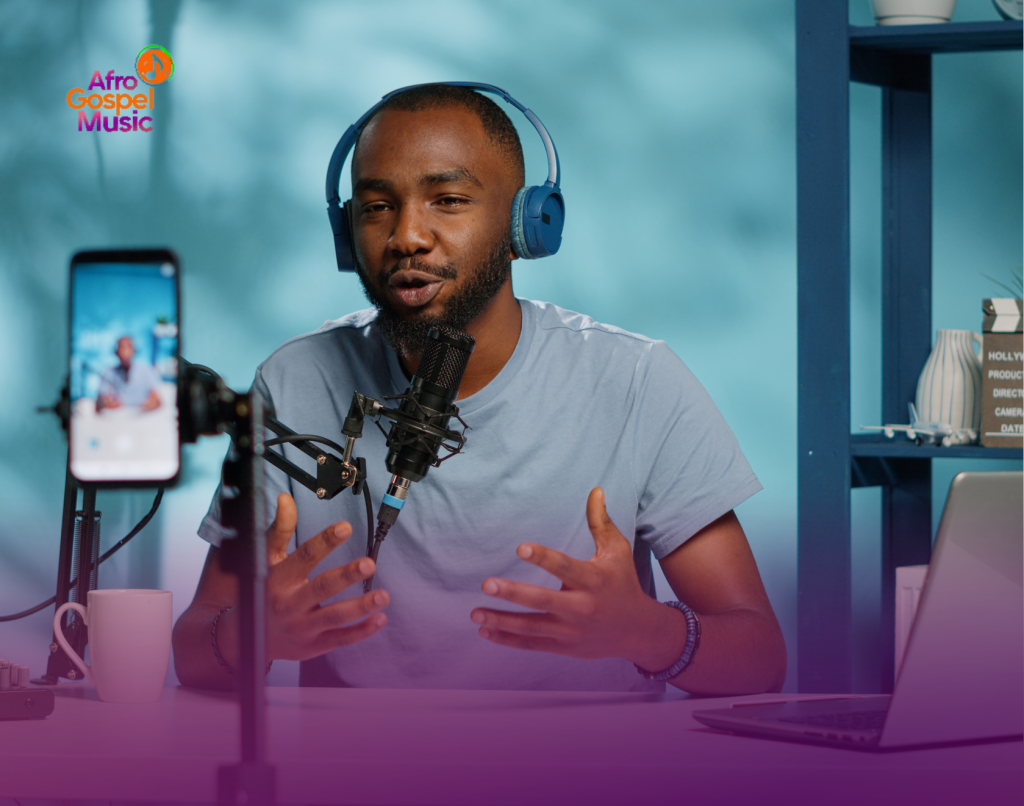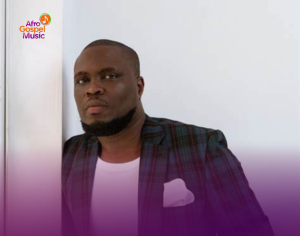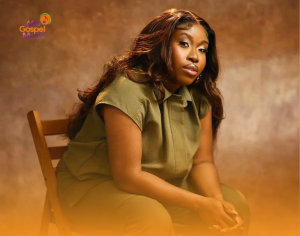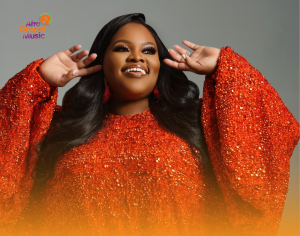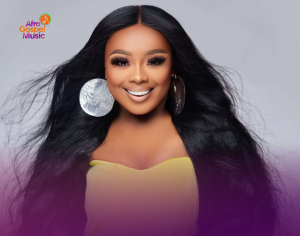The AfroGospel movement is really taking off in Nigeria and beyond, and a huge part of that surge is thanks to social media. Platforms like Instagram, TikTok, X (what used to be Twitter), YouTube, and Facebook are totally changing the game when it comes to how people discover, share, and celebrate music. With AfroGospel, which mixes African rhythms with faith-based lyrics, this digital boom has been a game changer.
Back in the day, gospel artists really had a tough time getting their music out there. Traditional media like radio and TV mostly focused on secular music, which meant AfroGospel often got overlooked. It was like they were stuck waiting for their big break. But now, thanks to social media platforms like Instagram Reels, TikTok, and YouTube Shorts, that’s all changed. Take Limoblaze, for example. His AfroGospel remix of “Jireh (My Provider)” with Lecrae and Happi went viral on social media, gaining millions of views and streams without any major label backing at first.
Read Also: Here’s How Sounds of Salem Are Incorporating Afrobeats Into The Gospel
Social media is all about trends, right? And AfroGospel has really hit a home run when it comes to riding that wave. You’ve probably noticed how some songs just explode in popularity thanks to viral dance challenges or those catchy sounds that everyone and their grandma is using. What’s really cool is how these challenges are not just about the music; they’re also a unique way to spread the gospel message. It’s like bringing faith into the fun—we get to vibe to some amazing beats while sharing a positive message in a creative and entertaining way. It’s a win-win.
The AfroGospel movement has really hit a sweet spot lately, and a big reason for that is how artists are just a swipe away from their fans. Social media has completely changed the game; the days of a sterile, one-way relationship between artists and fans are gone. Now, AfroGospel artists are using platforms like Instagram and TikTok to build real, meaningful connections. This level of engagement does more than just increase visibility, it fosters a sense of community.
Back in the day, if you wanted to make it as a musician, you typically needed to have a record label behind you, get your songs on the radio, or have some serious industry backing. Fast forward to today, and things have totally changed for independent AfroGospel artists. Now, they can create music right from their own homes, upload their tracks to platforms like Audiomack, Boomplay, or Spotify, and get the word out via social media—all without needing a middleman to help them out.
Social media has become a game-changer for these artists. Not only can they share their music, but they also get the chance to connect with fans on a deeper level by sharing personal testimonies, devotionals, and even short skits that highlight their faith. This approach transforms their online platforms into mini ministries, making them more than just music outlets. It’s all about building a community and inspiring others through their art. What a cool time to be creating and sharing.

